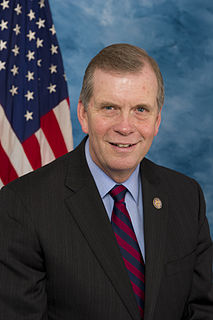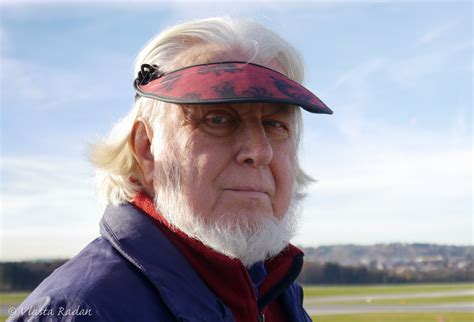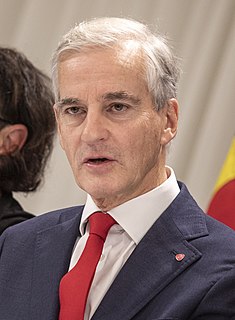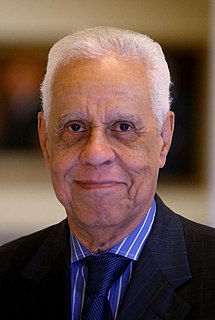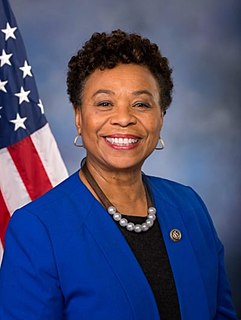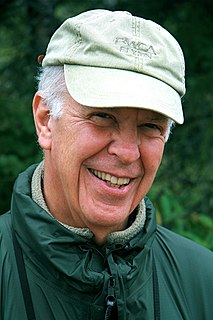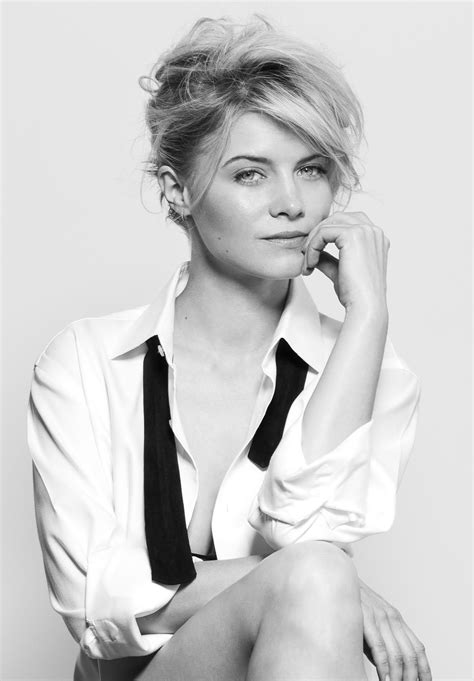A Quote by Barack Obama
One of the things we're going to have to discuss and debate is how are we striking this balance between the need to keep the American people safe and our concerns about privacy. Because there are some trade-offs involved. I welcome this debate, and I think it's healthy for our democracy.
Related Quotes
All the more reason we need to stand up for our democracy now. If we're going to solve the crises that are barreling down on us, we need democracy, and our democracy needs to start with an open and inclusive debate. That doesn't mean 20 candidates. There are four candidates who are on the ballot for just about every voter in America.
I think that there’s going to be a rush to judgment on civil liberties, and a clamping down, a suspension of our democratic rights. And I believe that those who are good Americans would want to see this not happen and that we debate how to find a balance between the public safety and the protection of civil liberties.
The sceptic ultimately undermines democracy (1) because he can see no significance in death and such things of a literal equality; (2) because he introduces different first principles, making debate impossible: and debate is the life of democracy; (3) because the fading of the images of sacred persons leaves a man too prone to be a respecter of earthly persons; (4) because there will be more, not less, respect for human rights if they can be treated as divine rights.
I think there is a debate in the arts about, you know, whether we must strive for art for art's sake, and you know, kind of try to keep political debate out of our work. And to that I say, I'd like you to show me an example of, you know, this so-called apolitical art. I don't think there's any such thing.



